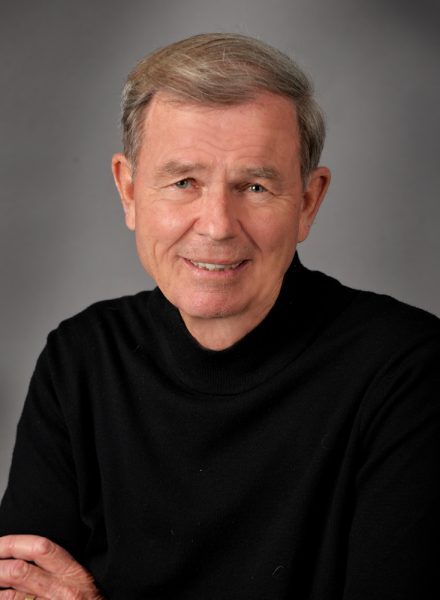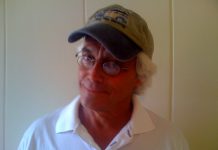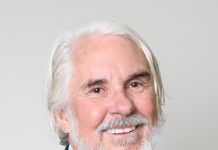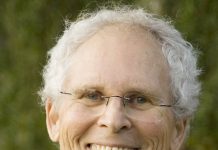A Trip to Eureka, Utah

My last surviving uncle, he’s 95, called with an urgent request. Would I travel to Eureka, Utah and clean up his grandparents’ cemetery plot? Eureka, now a mining ghost town, was a milestone on our family journey. Because we were in Midway, Utah, I asked the Beautiful Wife if she was up for an adventure. Her eyes brightened; she was.
Eureka’s story began with President Abraham Lincoln’s need to finance the Civil War. The wealth created by the 1849 California Gold Rush and Nevada’s 1859 Comstock Silver Lode inspired a search for more western treasure. A prospector in Utah’s Tintic Mountains picked up an interesting rock. The Tintic Mining District was formed after the assay showed gold, silver, copper, and lead. Eureka was founded just below the four main mines.
Here hard-rock miners labored underground to supply the stamping mills that ran around the clock to fill groaning railroad cars. That’s all in the past; the gold and silver are remembered but truth be told, lead was Eureka’s main product. One family branch were miners and lived on Leadville Row, the first street with homes. The other branch worked for the Eureka Hill Railway and lived on Railroad Street in a home fashioned from boxcars. Between these ran Main Street, the business district.
It’s a trip through history to drive down Main Street. Here’s proof of Eureka’s once bustling past: J. C. Penney built his second store here. The buildings are mostly shells but some remain intact, like the Company Store, offering antiques, and the sheriff’s office and jail. When one great-grandfather became too ill to work the mines he got elected sheriff. When he died my grandfather, just 16 years old, went down into the mines to support the family. He, in turn, died at just 32 years old, my mother his only child.
Outside of town a rusting overhead sign announces the Eureka Cemetery, larger than one might expect. Mining was dangerous and life was short. The cemetery is dry and dusty, parched by arid winds off the Great Basin Desert. No grass grows here, though weeds abound. I got to work, pulling those weeds, straightening a tilting monument, caring for family past. When all was neatly done we took a picture so my uncle could relax.
Then we explored the cemetery. Simple enclosures identified family plots; headstones and monuments preserved their names. Some graves were solitary but most were gathered into families. It’s a testimonial to the strength of family. We’re born into families and though we may wander, when we pass we want to rest with our families. Some plots were neat, kept up by descending generations, suggesting strong family bonds. Others were forlorn and unkempt. Driving home with the Beautiful Wife, I thought about the enduring strength of family bonds.
Next month is our biennial family reunion. We’ll get together and play, but we’ll also tend to those family bonds, making everything straight, caring for family present. There’s meaning in that.
Skip fell in love with Laguna on a ‘50s surfing trip. He’s a student of Laguna history and the author of Loving Laguna: A Local’s guide to Laguna Beach. Email: [email protected]




